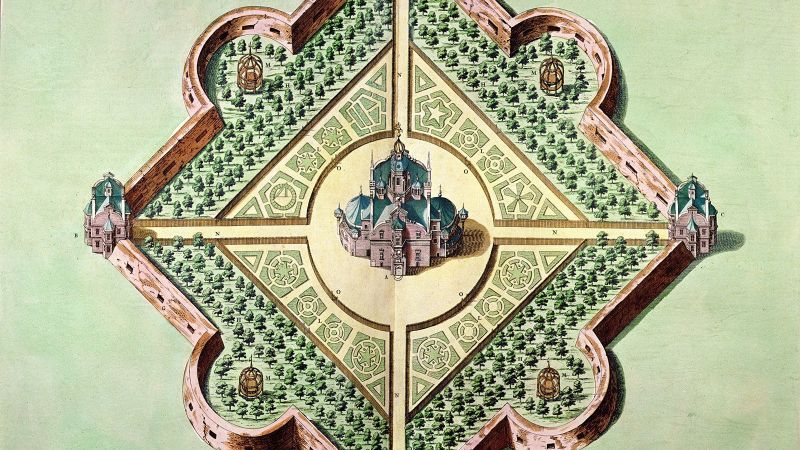Time: 2024-07-30

When 17th - century astronomer Tycho Brahe , famous for his celestial discoveries , delved into the world of alchemy , he left behind intriguing mysteries . His underground lab , Uraniborg , located on the island of Ven , was recently studied by researchers from the University of Southern Denmark and the National Museum of Denmark , unveiling tantalizing clues.
The shards from Brahe 's lab showed unexpectedly high levels of elements like nickel , copper , zinc , and even tungsten , a substance not yet identified during Brahe 's time . This discovery raises questions about Brahe 's experiments and the knowledge he possessed.
The presence of tungsten in Brahe 's lab hints at potential connections to the work of German mineralogist Georgius Agricola . Brahe , like other alchemists , aimed to create medicine rather than gold . His recipes were shared with only a select few , including his patron , Holy Roman Emperor Rudolph II.
The meticulous design of Uraniborg and Brahe 's devotion to astronomy and alchemy reflect his comprehensive worldview , linking celestial bodies , earthly materials , and human anatomy . Through his experiments , Brahe sought to develop medicines for various diseases , such as plague , syphilis , and leprosy.
Brahe 's alchemical work , cloaked in secrecy , may have involved the creation of elaborate medicinal recipes containing opium , snake flesh , and even potable gold . The recent analysis of glass and pottery shards from Uraniborg has provided new insights into Brahe 's alchemical practices.
Despite the covert nature of his work , Brahe 's scientific legacy endures . His contributions to astronomy , along with his alchemical pursuits , laid the foundation for future scientists like Johannes Kepler and Isaac Newton to revolutionize humanity 's understanding of the cosmos.
While Brahe 's alchemical experiments may seem incongruous with his astronomical achievements , they exemplify the broader scientific curiosity of the Renaissance era . Alchemy , a precursor to modern chemistry , offered insights into matter and transformations , engaging scientists in a quest for knowledge and control over natural processes.
Brahe 's legacy as a pioneer in both astronomy and alchemy underscores the interconnectedness of scientific disciplines . His innovative approaches and enigmatic discoveries continue to inspire researchers to explore the mysteries of the universe and the secrets of matter.